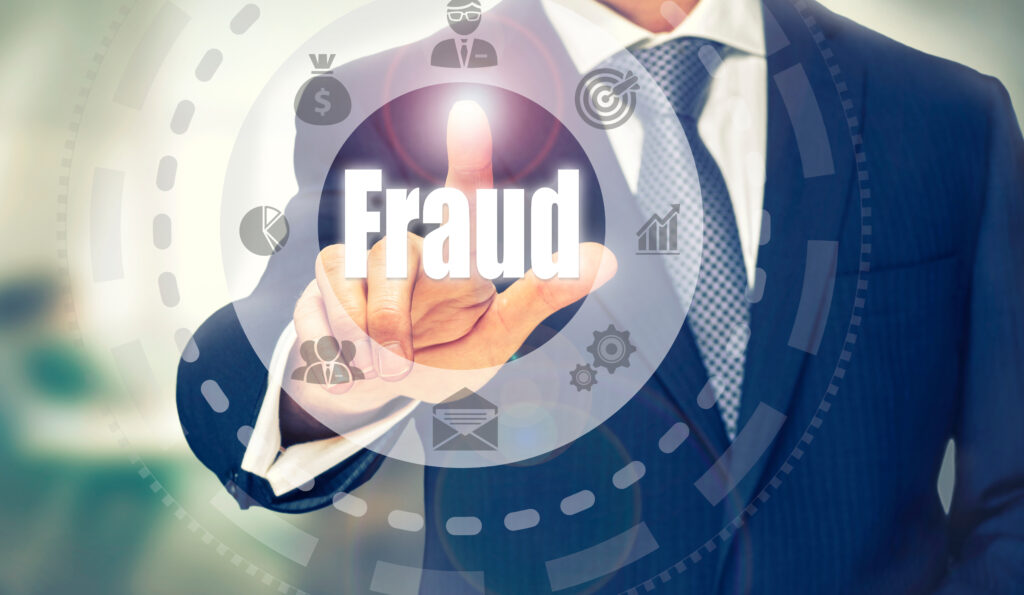9 Most Common Types of Business Fraud

Business owners handle headaches that come in many forms – from staffing issues to internal strategy and from competitive climate to external market trends, the list is seemingly never-ending. One headache that a business owner hopes to never deal with is fraud. Unfortunately, business fraud is far more common than many entrepreneurs imagine. While the United States Justice Department has worked diligently to combat fraud through a variety of crackdown measures, the reality is that fraud still exists on many levels in today’s business world.
The Association of Certified Fraud Examiners (ACFE) estimates that as much as 5 percent of revenue is lost to fraud annually. Even worse, nearly one-quarter of all cases examined by the ACFE concerned losses of $1 million or more. As such, understanding the real threat of business fraud is absolutely critical for business owners to protect their companies. Today, we highlight some of the most common types of business fraud to caution entrepreneurs and help them to safeguard their businesses.
While the severity and impact of business fraud ranges broadly, the exercise of recognizing prospective issues can go a long way in awareness and prevention. The following are some of the most commonly seen types of business fraud today:
- Payroll Fraud: while much more common in small businesses, payroll fraud occurs in a variety of ways. From lying about hours worked to requesting pay advances without paying them back, using a SaaS payroll service may prevent these issues from happening.
- Asset Misappropriation Fraud: things like forged checks, an authorized maker writing checks to himself, etc. are all ways an employee could steal funds
- Skimming: taking place before asset notation, the fraudster takes money from the company without recording a transaction.
- Financial Statement Fraud: whether understating liabilities or overstating earnings, assets, and revenues, this type of fraud can be extremely harmful to a company.
- Intellectual Property Theft: technology today has made it easier than ever for intellectual property theft to occur.
- Online Banking: transferring funds to an erroneous account has become more common with the popularity of online banking.
- Falsifying Invoices: typically seen when an employee diverts funds into an alternative account or even creates a false supplier.
- Tax Fraud: when property ownership or transactions are hidden in order to avoid paying taxes at a range of levels.
- Data Theft: stealing or sharing client lists, credit card numbers, or even personally identifiable information has grown increasingly as a threat to businesses.
Believe it or not, most fraud is detected in the workplace from a tip within the organization. As such, it is absolutely imperative that any concerns or red flags raised are taken seriously. Based on the list above, it is clear that business fraud ranges significantly. The first step to combat fraud in the workplace is to create a prevention strategy. Discuss this strategy with the executives in the company and be sure to remain vigilant at all times.
At Smith, Stohlman, James & Gardere, P.A., our staff includes five Certified Fraud Examiners who are involved in fraud detection and prevention engagements. Such engagements include evaluation of an organization’s internal controls, identification and measurement of frauds, and implementation of procedures that will reduce the risk of falling victim to fraud schemes in the future. Past fraud engagements have resulted in successful recoveries in both civil and criminal actions. Contact us today to learn more!
